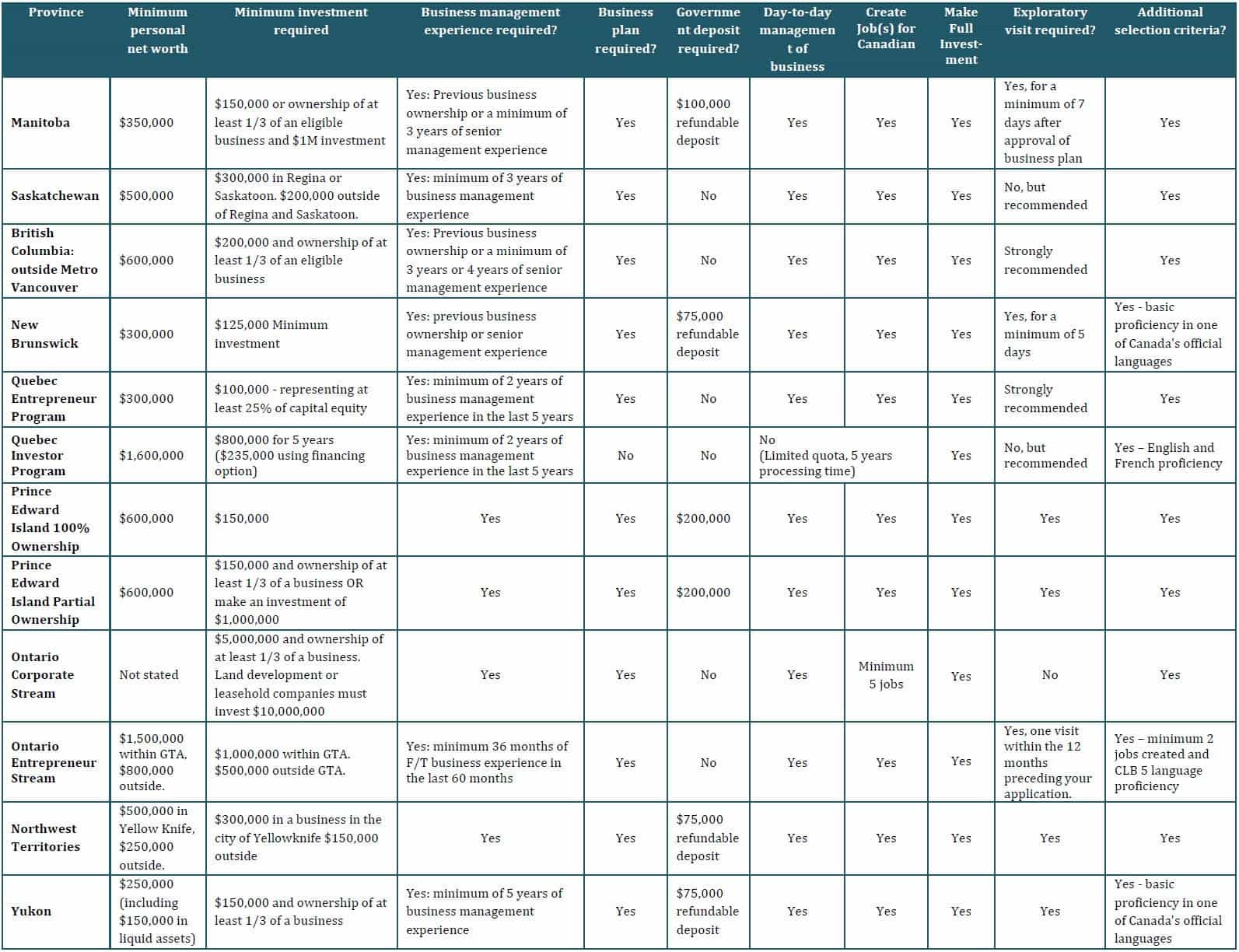Shadow minister expects Sean Fraser to present plan for temporary residents when Canadian Parliament resumes
CIC News > Latest News > > Shadow minister expects Sean Fraser to present plan for temporary residents when Canadian Parliament resumes Immigration Minister Sean Fraser was given a 120-day deadline to introduce a plan to expand permanent residence pathways for international students and temporary foreign workers.
A parliamentary motion called for Immigration Minister Sean Fraser to publish a plan to expand pathways to permanent residence for temporary residents. On May 11, Fraser was given 120 days to respond, a deadline which falls outside of the House of Commons’ sitting calendar.
“If the government chooses to develop a plan as suggested in motion M-44, and if these changes to expand immigration pathways for temporary residents in Canada were to take form into a bill, it is within the House’s rules and practice to wait for the bill’s introduction and first reading before its content is being made public,” wrote Heather Bradley from the Office of the Speaker. “A minister would have to wait for a sitting of the House to introduce such legislation.”
The Shadow Minister for Immigration, Refugees and Citizenship Canada (IRCC), Jasraj Singh Hallan from the Conservative Party, says he expects to see the plan tabled as soon as House resumes next week.
Discover if You Are Eligible for Canadian Immigration
“We are waiting for the House to sit and we want the plan tabled on the first day,” Hallan said on the phone to CIC News, “A plan that’s actually going to make a difference in the lives of people who want to come here and become Canadian citizens.”
The House of Commons is scheduled to resume on September 19, according to the sitting calendar, the same day as the Queen’s funeral. A spokesperson from the office of NDP immigration critic, Member of Parliament Jenny Kwan, told CIC News they are expecting Fraser’s response to be tabled during routine proceedings on September 20.
On September 12, an IRCC spokesperson said in an email to CIC News: “Work on the Government of Canada’s response to the Private Member’s Motion 44 (M-44) is ongoing. Discussions are underway and we look forward to help speed up the process of turning newcomers into permanent residents to meet Canada’s economic needs and fuel our growth. Details will be communicated as soon as they become available.”
According to a spokesperson from the Library of Parliament, a private member’s motion, such as Motion 44, is not a binding contract. Which means Fraser is not contractually obligated to respond.
That being said, Andrew Griffith, a former director general at IRCC, said it’s in a politician’s best interest to meet their deadlines because it’s embarrassing not to. Further, all the secondaries to the motion are from the same political party as Fraser, the Liberal Party, and there is nothing substantially different in the motion from what the Liberals are already trying to do.
“It’s basically reinforcing what the government is saying they’re going to do already,” Griffith said to CIC News on the phone.
Fraser had also said in a June 21 interview with CIC News that he was happy to support the motion. Fraser’s office did not respond to CIC News’ request for a new comment in time for publication.
Fraser’s mandate letter from the prime minister calls upon him to “expand pathways to permanent residence for international students and temporary foreign workers.” On May 11, Fraser was given 120 days to develop and release a strategy to achieve these goals, as dictated by motion 44 put forward by Randeep Sarai, the member of parliament for Surrey Centre, British Columbia.
There are six points raised in the motion that Fraser is expected to address:
give more weight to in-Canada work experience under economic immigration programs and expanding eligible occupational categories;
examine evidence from other federal immigration programs;
incorporate data on labour market and skills shortages to base immigrant selection on persistent labour gaps;
encourage immigrant retention in smaller communities and Francophone immigration outside Quebec;
identify mechanisms to reach quicker to changes in labour market needs and regional economic priorities; and
specifically consider occupations and essential services such as health services, caregivers, agriculture, manufacturing, service, trades, and transportation.
Discover if You Are Eligible for Canadian Immigration
© CIC News All Rights Reserved. Visit CanadaVisa.com to discover your Canadian immigration options.















